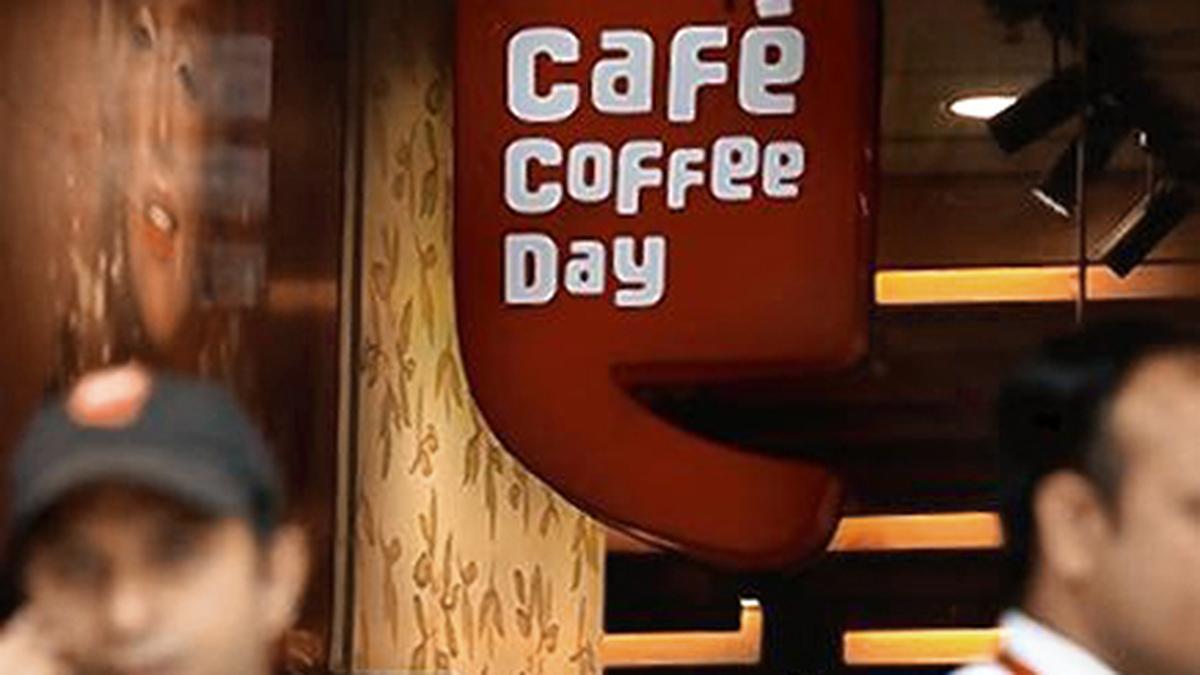
Insolvency against Coffee Day resumes as NCLAT fails to pass order within deadline
The Hindu
NCLAT reserves order on CDEL appeal, leading to resumption of insolvency process for Coffee Day Enterprises Ltd.
The insolvency process against Coffee Day Enterprises Ltd (CDEL), which owns the Cafe Coffee Day chain, has resumed as appellate tribunal NCLAT could not pass the order within the specified deadline of February 21, set by the Supreme Court.
Last week, the Chennai bench of the National Company Law Appellate Tribunal (NCLAT) completed the hearing and reserved its order over the appeal filed by the director of its suspended board, CDEL informed through a regulatory filing.
"Since the appeal has not been disposed of until February 21, 2025, as per the instruction of the Supreme Court, the order passed by NCLAT regarding the stay on the CIRP of the Corporate Debtor stands vacated. Therefore, the CIRP of the Corporate Debtor recommences/resumes and the powers of the IRP are hereby reinstated with effect from 22 February 2025," it said.
"However, the order has been reserved by NCLAT, and yet to be pronounced," it added.
On August 8, the Bengaluru bench of the NCLT (National Company Law Tribunal) admitted a plea filed by IDBI Trusteeship Services Ltd (IDBITSL) claiming a default of ₹228.45 crore and appointed an interim resolution professional (IRP) to take care of the operation of the debt-ridden company.
The suspended board immediately challenged this before NCLAT, which on August 14, 2024, stayed the Corporate Insolvency Resolution Process (CIRP) initiated against CDEL by NCLT over the plea of IDBITSL.
However, this was challenged by IDBITSL before the Supreme Court, which had on January 31, 2025, directed the Chennai bench of NCLAT to dispose of the appeal pending before it before February 21, 2025.

According to the United Nations’ Conference on Trade and Development (UNCTAD), the underlying logic of credit rating agencies is to avert the information asymmetry between borrowers and lenders about the latter’s creditworthiness. It further explains that issuers with lower credit ratings pay higher interest rates – reflective of the greater associated risk with lending to them, than the higher rated issuers.

According to the United Nations’ Conference on Trade and Development (UNCTAD), the underlying logic of credit rating agencies is to avert the information asymmetry between borrowers and lenders about the latter’s creditworthiness. It further explains that issuers with lower credit ratings pay higher interest rates – reflective of the greater associated risk with lending to them, than the higher rated issuers.











